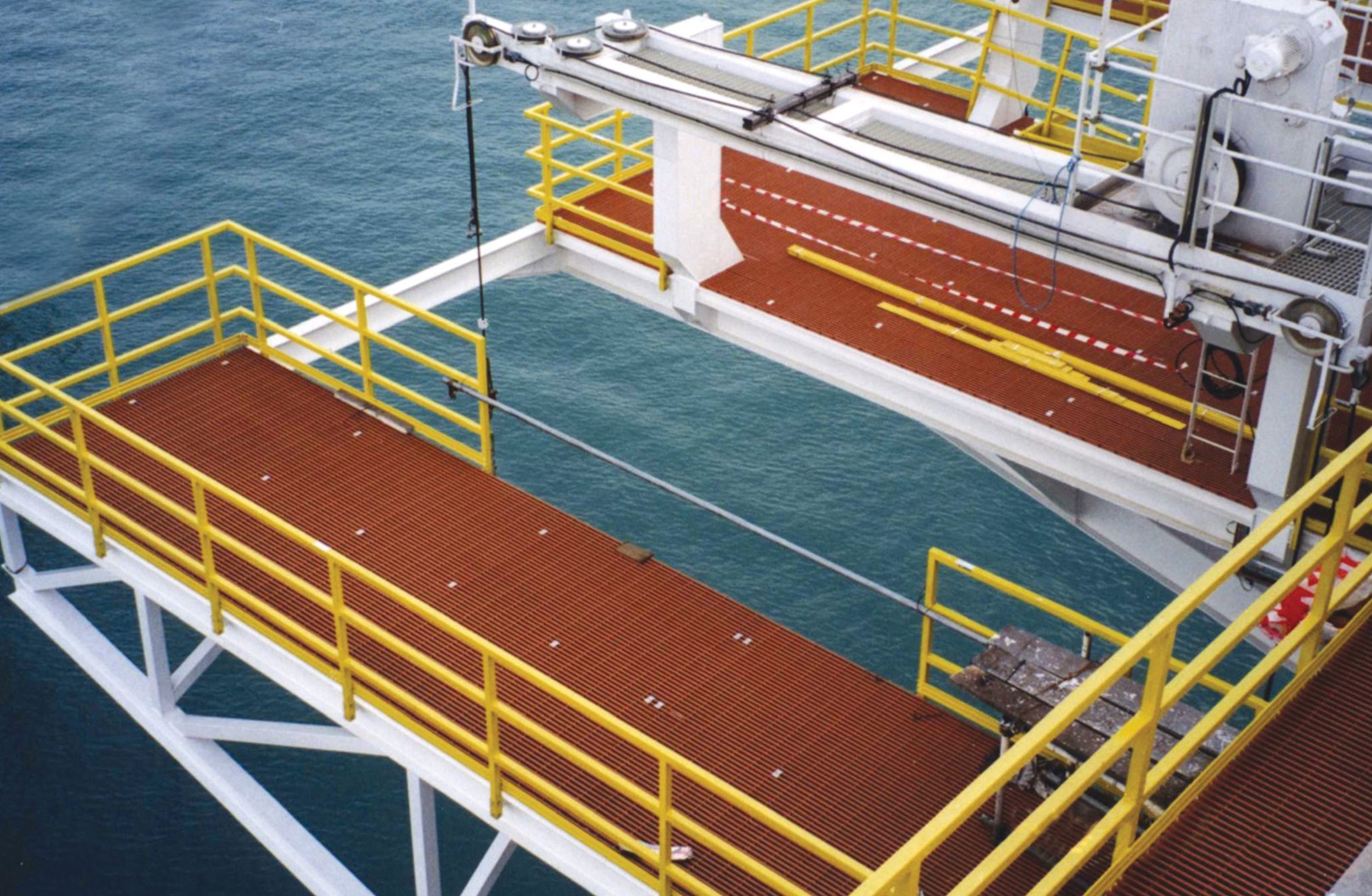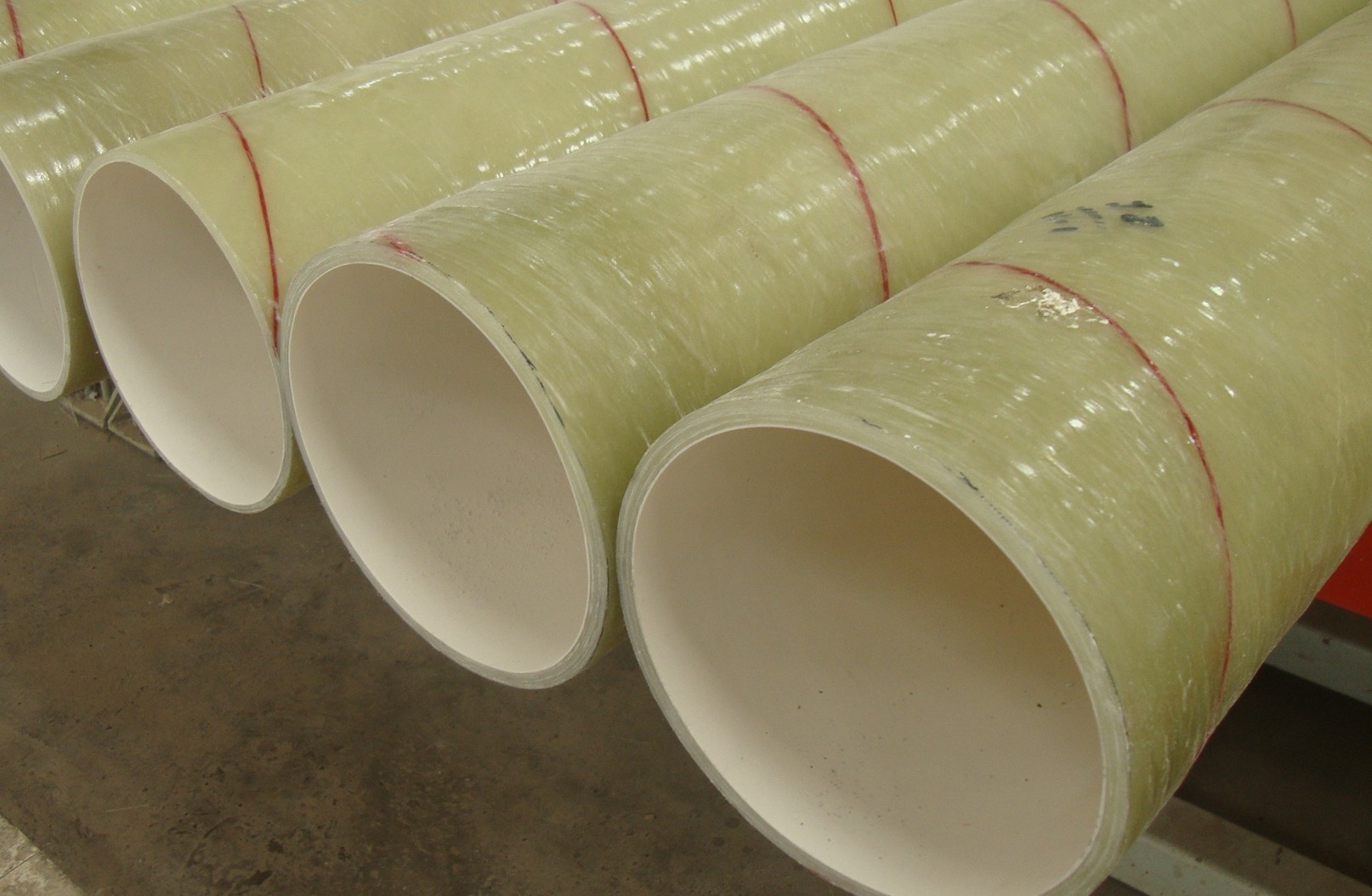FRP Grating

FRP grating is produced using a combination of fiber glass reinforcements and other thermosetting resins. This composite material has been touted as a material for the future, replacing conventional materials such as alloys and metals. FRP grating does not corrode like conventional steel gratings and thus are a perfect candidate for corrosive environments. This is what makes FRP grating stand out amongst other composite materials. FRP grating also possesses a high strength to weight ratio and therefore they are generally resistant to impacts. Besides that, they have a long service life span and require little or no maintenance.



Pipes and ducts

FRP is also used as raw materials to construct pipes and ducts due to its corrosive resistant traits. These pipes and ducts usually transport corrosive substances, therefore using FRP grating would a wise choice. FRP is also easy to form into different shapes during its molding process, thus proving to be a perfect material candidate for pipes and ducts. FRP also does not conduct electricity compared to alloys and metals. The strength to weight ratio of FRP also makes it a wiser alternative for pipes and ducts which sometimes go through significant loads. However, due to its brittle nature, FRP can only withstand a certain amount of tensile stress before breaking.
Vessels and Tanks
FRP Tank Manufacturer entities play a pivotal role in supplying industries with high-quality vessels and tanks engineered from composite materials. These manufacturers utilize advanced techniques to craft FRP products that meet stringent standards and cater to diverse operational requirements.
FRP vessels and tanks are crafted using a combination of reinforced fibers, typically glass, carbon, or aramid, embedded in a polymer matrix, commonly epoxy, vinyl ester, or polyester resin. This composite structure imbues FRP products with remarkable strength-to-weight ratios and resistance to corrosion, chemicals, and extreme temperatures.
The versatility of FRP vessels and tanks renders them indispensable across a spectrum of industries, including:
- Chemical Processing: FRP tanks excel in storing corrosive chemicals safely, mitigating the risk of leaks or contamination.
- Water Treatment: Municipalities and industrial facilities rely on FRP vessels for water purification, desalination, and wastewater treatment processes.
- Oil & Gas: FRP tanks withstand harsh environments encountered in oil refineries, offshore platforms, and pipelines, ensuring the integrity of storage and transportation systems.
- Food & Beverage: Compliance with food safety regulations and resistance to corrosion make FRP vessels ideal for storing and processing consumables.
- Aquaculture: FRP tanks facilitate the cultivation of aquatic organisms by providing a durable and hygienic environment.
